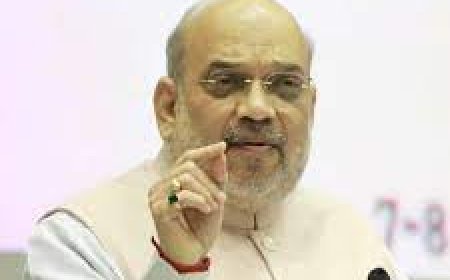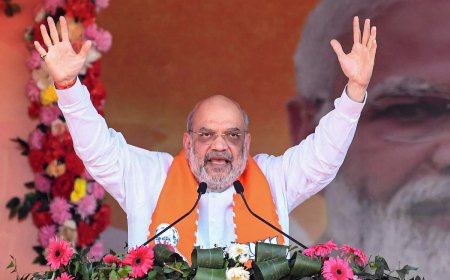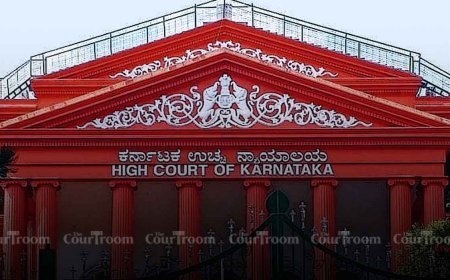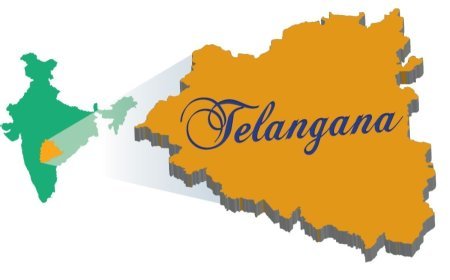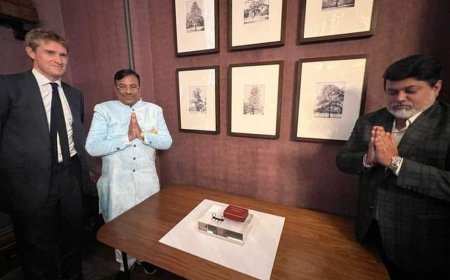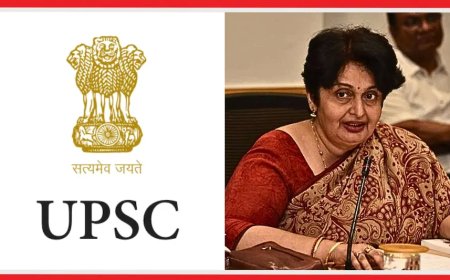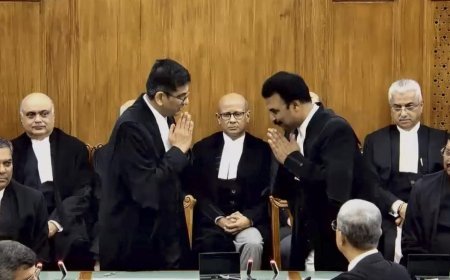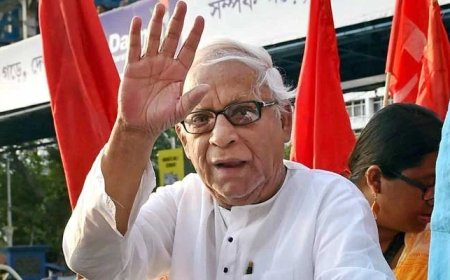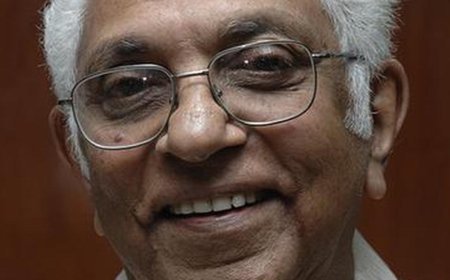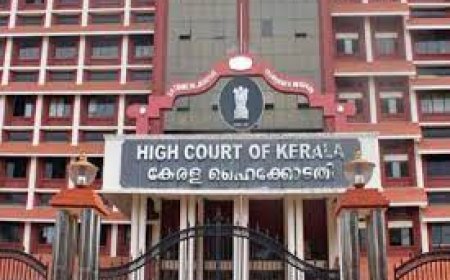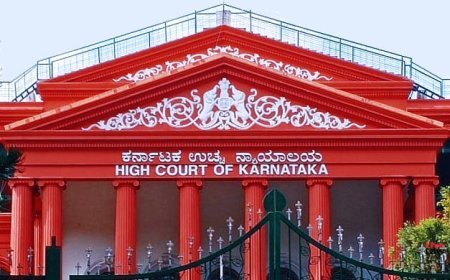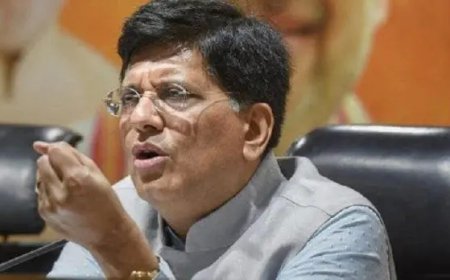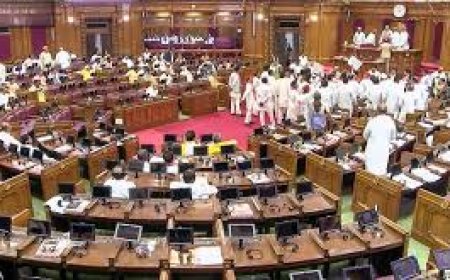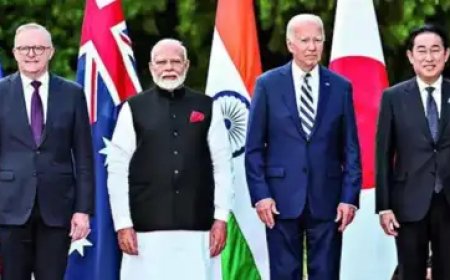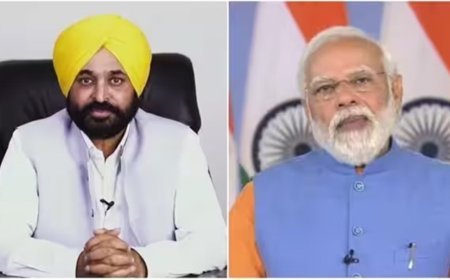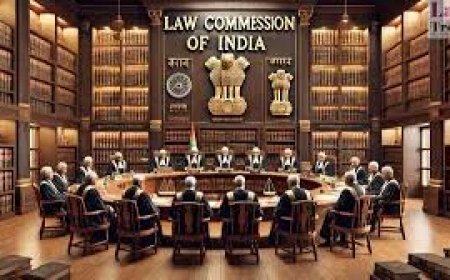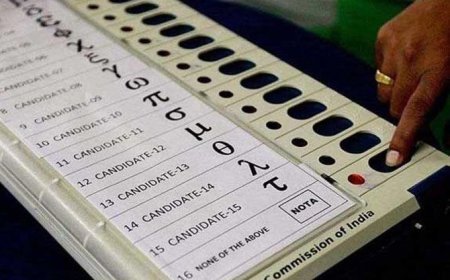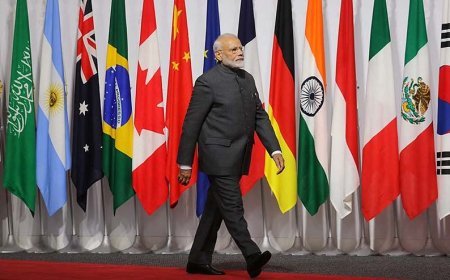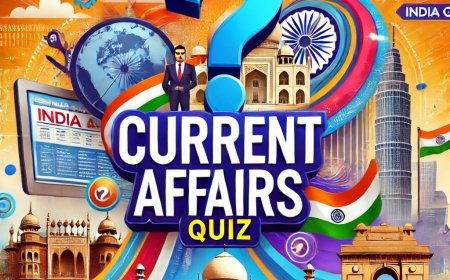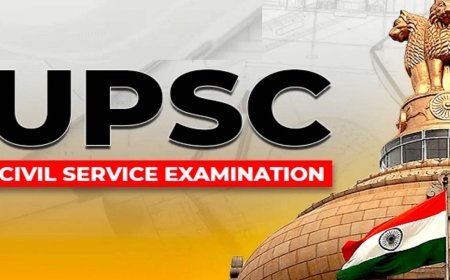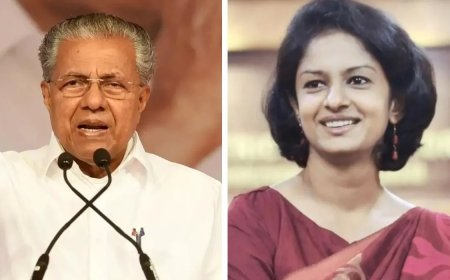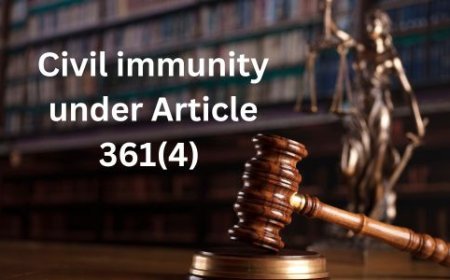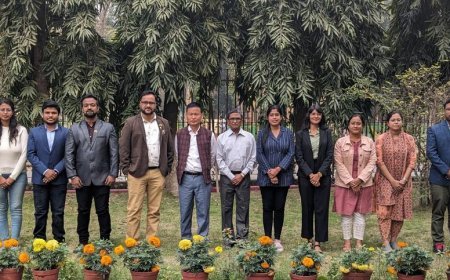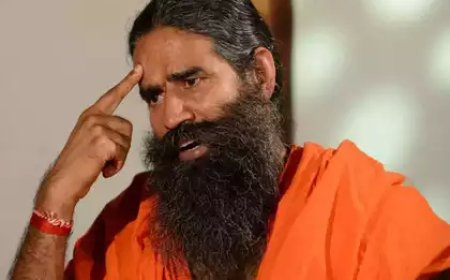Supreme Court to Examine Governors' Role in Federalism: Allegations of Subverting State Authority

Supreme Court to Examine Governors' Role in Federalism: Allegations of Subverting State Authority
The Supreme Court of India is set to scrutinize a pivotal issue concerning the role of Governors in the federal structure of the Constitution, following allegations that they may be subverting the principles of federalism. The case, brought forward by the State of Kerala, challenges the actions of Governors in referring state legislation to the President of India, potentially undermining the autonomy of state governments.
The controversy centers on the Kerala Governor's decision to withhold assent and subsequently reserve seven state bills for the President's consideration. These bills, addressing matters such as state cooperative societies, Lok Ayukta, and university laws, are argued to be within the exclusive legislative domain of the state. The President, acting on the advice of the Union Cabinet, withheld consent for four of these bills without providing specific reasons.
Representing Kerala, senior advocates K.K. Venugopal, Jaideep Gupta, and advocate C.K. Sasi argued that the Governor's actions delayed crucial welfare legislation, depriving the people of Kerala of its benefits. They contended that the Governor's power to reserve bills is limited and should only be exercised under specific circumstances outlined in Article 213 of the Constitution. The Governor's failure to promptly return the bills with objections, if any, was highlighted as a breach of constitutional protocol.
The petition underscores a broader concern about the balance of power between the state and the central government, emphasizing that the Governor's role should not disrupt the functioning of the elected executive and the legislative assembly. The state of Kerala argued that the Governor's actions effectively transferred decision-making authority to the Centre, thereby undermining the federal structure.
Chief Justice D.Y. Chandrachud, presiding over the case, acknowledged the gravity of the issue and stated that the court would examine the circumstances under which Governors can refer bills to the President. Notices have been issued to the Additional Secretary to the Kerala Governor and the Home Ministry, seeking their responses.
In a related case, the State of West Bengal also petitioned the Supreme Court, alleging that the Governor's refusal to assent to bills was obstructing democratic governance. Senior advocate A.M. Singhvi, representing West Bengal, cited similar instances from Tamil Nadu, Punjab, and Telangana, where Governors allegedly delayed bills, necessitating judicial intervention.
Advocate Venugopal argued that referring bills to the President has become an "escape route" for Governors, allowing them to avoid making decisions. He criticized the lack of transparency and accountability in the process, which he claimed violates constitutional provisions, including Article 14 (right to equality) and Articles 200 and 201, which govern the procedure for granting assent to bills and reserving them for the President's consideration.
The Supreme Court has scheduled the next hearing for August 20, 2024. The outcome of this case could have significant implications for the interpretation of federalism in India, potentially redefining the role and powers of Governors in state legislative processes.
The legal fraternity and political observers are closely watching the proceedings, as they touch upon the delicate balance of power between the states and the central government. The decision will be critical in ensuring that the constitutional mandate of federalism is upheld and that the autonomy of state governments is protected against undue central influence.
What's Your Reaction?









